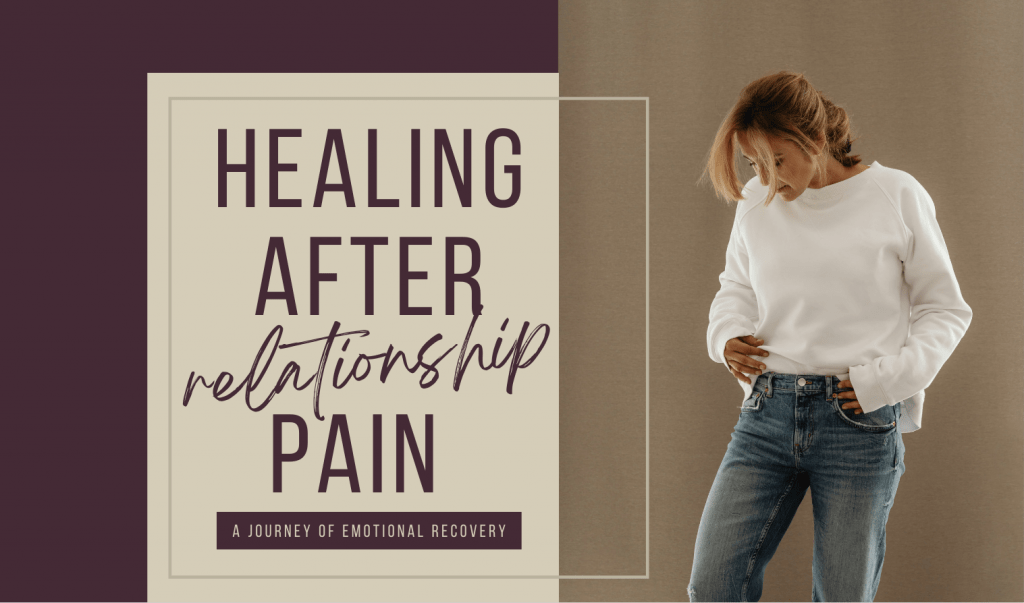You apologize when someone bumps into you. You apologize for asking a question. You apologize for needing help, for taking up space, for having an opinion. You apologize before making a request, after making a request, and sometimes just for existing in a room.
“Sorry to bother you, but…” “Sorry, can I just…” “Sorry, sorry, I know you’re busy…”
From the outside, it might seem like politeness. But if you’re constantly apologizing for things that don’t warrant apologies, something deeper is happening. You’re not actually sorry for asking that question or taking up that space. You’re apologizing for something else entirely.

The Apology Reflex
There’s a difference between a genuine apology and what we’ll call the apology reflex. A genuine apology acknowledges harm and takes responsibility. The apology reflex is something else. It’s a protective measure, a preemptive strike against potential rejection or conflict. You probably don’t even notice you’re doing it anymore. It’s become as automatic as breathing.
When you say “sorry” before asking a question, you’re essentially saying “I’m sorry for having needs.” When you apologize for taking up space, literally or figuratively, you’re communicating that your presence feels like an imposition. Every “sorry” before explaining yourself or defending a choice is rooted in a belief that making mistakes or having limitations is something you need to be forgiven for. When you say sorry as someone bumps into you, you’re preemptively taking responsibility for their feelings, their comfort, their experience, even when you did nothing wrong.
Notice how often “sorry” precedes saying no? “Sorry, I can’t make it.” “Sorry, that doesn’t work for me.” You’re asking permission to have limits, treating your boundaries as inconveniences to others. Every time you apologize before expressing a preference or making a request, you’re treating your desires as burdens. You’ve learned to approach your own needs with apology, as if wanting things or having opinions requires forgiveness.
Where the Reflex Comes From
People don’t develop chronic over-apologizing out of nowhere. It usually forms as a response to environments where taking up space felt unsafe. Maybe you grew up in a home where expressing needs led to anger or dismissal. Apologizing first became a way to soften the blow, to make yourself smaller and less threatening.
Maybe you learned that conflict was dangerous. Apologizing became a way to keep the peace, to smooth over any potential friction before it could start. Maybe your emotions were treated as inconvenient, so you learned to apologize for having feelings, for needing support, for not being perpetually easy and low-maintenance. Maybe you internalized messages that your worth depended on being agreeable, that taking care of others’ comfort mattered more than your own, that being “difficult” would make you unlovable.
Or maybe you exist in a world that consistently sends you messages that people like you should be grateful just to be included. That your perspective is less valuable. That your needs are less important. These messages get internalized, and “sorry” becomes the price of admission to spaces where you have every right to be.

The Hidden Costs
Here’s the thing about constantly apologizing: it doesn’t actually make you more likable or protect you from rejection. What it does is reinforce a damaging belief, that you need to earn your right to exist in spaces, to have needs, to take up room in the world. Every unnecessary apology is a message to yourself and others that you don’t quite belong, that your presence requires justification.
When you’re always apologizing, you position yourself as perpetually in the wrong. This creates dynamics where your needs consistently come last because you’ve already established that meeting them would be an inconvenience. Your relationships become unbalanced, with you constantly deferring and others rarely having to consider your experience. Over time, this imbalance becomes the foundation of how people relate to you.
When every statement is prefaced with “sorry,” it undermines your credibility. Your ideas get dismissed more easily because you’ve already communicated that they might not be worth hearing. People stop taking you seriously at work, in friendships, even in your own family. You’ve trained them to see your contributions as tentative, uncertain, probably not that important.
When you’re constantly worried about inconveniencing others, you stop checking in with your own needs and desires. They become background noise, something you’ve learned to ignore or minimize. You lose touch with what you actually want because you’ve spent so much energy managing everyone else’s comfort. Eventually, when someone asks what you want, you genuinely don’t know. You’ve trained yourself not to have preferences.
When you apologize for everything, your apologies for actual mistakes carry less weight. People can’t tell the difference between your automatic “sorry” and a real acknowledgment of harm. This means that when you genuinely need to take responsibility for something, the apology lands differently. It gets lost in the sea of unnecessary sorries you’ve already offered.
Constantly monitoring yourself, trying to be smaller, worrying about others’ reactions… it’s draining. You’re spending enormous amounts of energy trying not to be too much, trying to anticipate and prevent any possible negative reaction. By the end of the day, you’re exhausted from the mental gymnastics of constant self-minimization. This exhaustion isn’t about your actual life being overwhelming. It’s about the energy you’re burning trying to manage everyone else’s potential discomfort with your existence.
What You’re Actually Feeling
Underneath all those apologies are feelings that deserve space. When you say “sorry to bother you,” what you might actually be feeling is: “I’m afraid my needs are burdensome.” That’s not something you need to apologize for. It’s something worth examining. That fear tells you something important about what you’ve learned about your place in the world.
When you apologize for having an opinion, what you might actually be feeling is: “I’m worried my perspective will cause conflict.” That fear deserves acknowledgment, not apology. It’s pointing to a belief that your viewpoint is dangerous or unwelcome, and that belief is worth investigating.
When you say sorry for taking up space, what you might actually be feeling is: “I don’t feel like I fully belong here.” That’s a painful feeling, but your presence isn’t the problem. The problem is whatever taught you that you need to apologize for existing in spaces where you have every right to be.

Breaking the Apology Reflex
Changing this pattern takes time. You’ve been doing this for years, maybe decades. But awareness is always the first step, so start paying attention to when you apologize. Keep a mental tally, or write them down if that helps. You’ll probably be surprised by how often it happens.
Before the automatic “sorry” leaves your mouth, pause. Ask yourself: “What am I actually apologizing for?” Did you actually do something wrong? Or are you apologizing for existing, for having needs, for potentially causing minor inconvenience? This pause creates space between the trigger and your response, and in that space, you can make a different choice.
Try replacing apologies with other phrases. Instead of “sorry to bother you,” try “thanks for making time.” Instead of “sorry I’m late,” try “thank you for waiting.” Instead of “sorry for rambling,” try “thanks for listening.” These reframes acknowledge others without diminishing yourself, shifting the dynamic from you being perpetually in the wrong to simply being in relationship with people.
Practice making statements without apologies. “I have a question.” Not “Sorry, can I ask a question?” “I need help with this.” Not “Sorry to bother you, but I need help.” “I can’t make it.” Not “I’m so sorry, but I can’t make it.” Notice how much stronger these statements feel without the apology cushion. They communicate confidence that your needs and boundaries are legitimate.
When you catch yourself about to apologize, ask: “What’s the worst that would happen if I didn’t say sorry?” Often, the feared consequence is way out of proportion to reality. You’re afraid people will be angry or reject you, but the actual consequence of asking a straightforward question or setting a boundary is usually… nothing dramatic at all. People respond, life continues, the world doesn’t end because you took up space without apologizing for it.
Give yourself permission to take up space. Your needs matter. Your opinions have value. Your presence isn’t an imposition. You don’t need to earn your right to exist in spaces. These truths might feel uncomfortable at first, especially if you’ve spent years believing the opposite, but they’re still true.
Ready to Stop Apologizing for Existing?
You deserve to speak without prefacing everything with “sorry.” You deserve to have needs without treating them as burdens. You deserve to take up space without justifying your presence. You deserve to move through the world knowing that your existence doesn’t require constant apology.
Contact us today to learn how therapy can help you break the over-apologizing cycle. You’ve spent enough time making yourself smaller. It’s time to give yourself permission to exist fully. No apology required.





